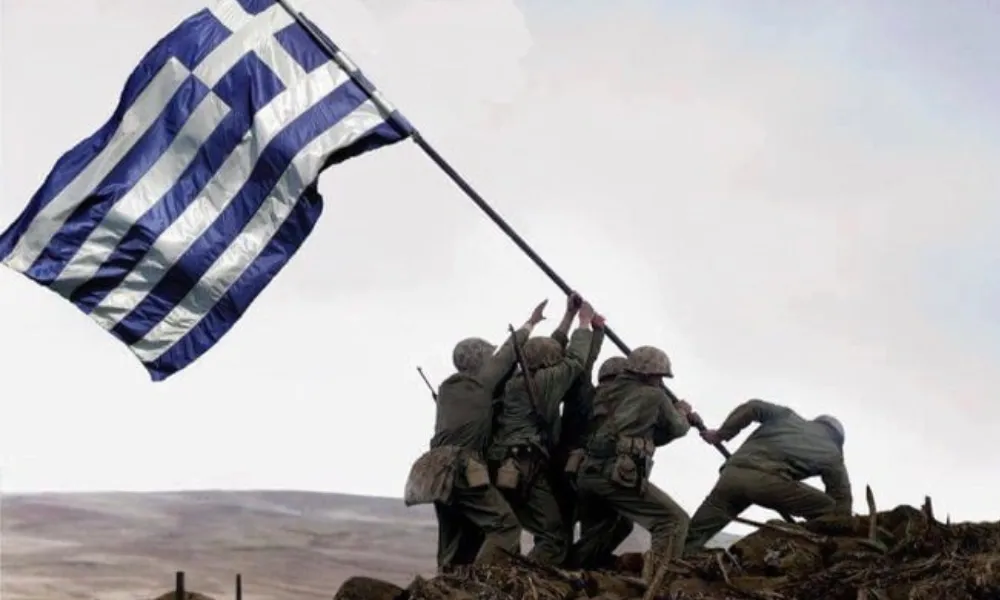Countdown
By Giorgos Tzivas
Yesterday, I wrote about the peculiar obsession of the Greeks. It wasn’t a joke, but a rather unusual observation, because since childhood we were taught that “Greece never dies and always marches back to glory.”
Yesterday, as I made my way to the office, I found myself caught up in the day’s parade. October 28th, the students and the drumbeats set the rhythm and pulse of the celebration.
Thousands of students and their parents proudly participated in the parade, celebrating the historic “NO” (OXI) of 1940. Once again, the familiar phrase echoed, “Greece never dies and always marches back to glory.”
I was reminded of Manos Hadjidakis, the legendary Greek composer who, with his sharp wit and humor, consistently challenged stereotypes and provoked reflection and discomfort. What did the great skeptic Hadjidakis say about this epic claim of Greece’s immortality and glory? He remarked ironically that Greece’s real problem is exactly this: “It never dies, and since it never dies, it will never be resurrected.”
One sign of the obsession that has long haunted Greece and the Greeks is their tendency to choose what is convenient over what is instructive.
Greece is the only country that fought Nazism and fascism but does not celebrate its liberation like others. On October 12, 1944, the Germans withdrew, and the Greek flag waved freely over the Acropolis. Yet who speaks of or remembers October 12? Encyclopedias note that the German evacuation of Athens marked the official end of the occupation, but unlike other nations, Greece does not celebrate liberation. Instead, the focus is on the start of the war, October 28, 1940, when the country refused to surrender. The liberation date largely goes unnoticed.
On that day, Athenians witnessed the wreath-laying ceremony by the head of the departing German forces and the occupation-appointed mayor, Angelos Georgatos, at the Tomb of the Unknown Soldier. When the Germans left Syntagma Square, the crowd trampled the wreath, and hundreds of thousands erupted in joyous cheers, celebrating the long-awaited moment after three and a half years of occupation.
And if that were not enough, after liberation, hardly commemorated by anyone, Greece plunged into the most brutal civil war ever seen in a liberated European country. Hundreds of thousands of Greeks were killed in internecine violence. The Civil War is largely ignored in education and historical memory. Even today, the shadow of this post-war, civil-war-like climate lingers. The other day, in the empty seats at the Metropolitan Cathedral in Athens at the funeral of Dionysis Savvopoulos, the celebrated Greek singer-songwriter and cultural icon whose music shaped modern Greek identity, we saw a glimpse of this climate.
